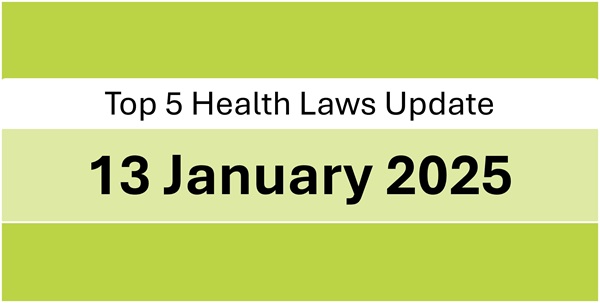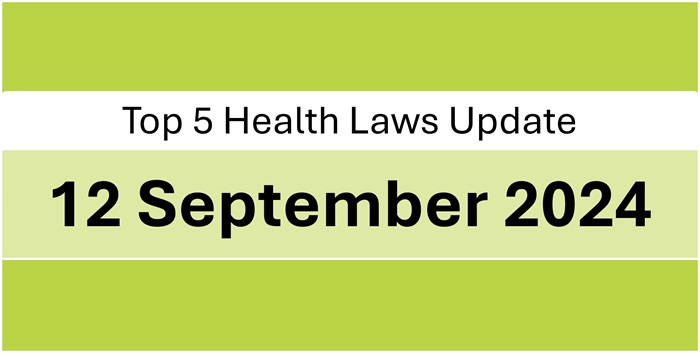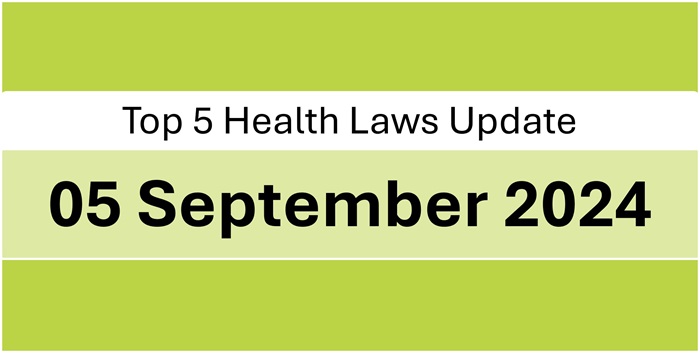Dear Readers, we are happy to share the most interesting legal and policy updates concerning health industry that we read today. we hope you enjoy reading it.
1. The Supreme Court of India has ruled that only the Central Government can regulate, prohibit, or restrict the sale of drugs. The judgment clarifies that drug inspectors and regulatory authorities cannot impose such bans or unilaterally declare a medicinal product as prohibited without a central notification.
Source: bit.ly/3DTt3Su
2. The Food Safety and Standards Authority of India (FSSAI) has reiterated the compliance requirements for e-commerce Food Business Operators (FBOs). They warned against operating without a valid FSSAI license or registration and making unsupported claims online. FBOs have been urged to adopt practices ensuring a minimum shelf life of 30% or 45 days before expiry at the time of delivery to the consumer, and to strictly adhere to food safety standards.
Source: bit.ly/3Z9lzmA
3. Indian Micro, Small, and Medium Enterprises (MSMEs) in the pharmaceutical sector are seeking a 3-year, condition-free extension for implementing Schedule M. They have cited financial constraints in upgrading their manufacturing sites to comply with Schedule M standards. In this context, they urge the Indian government to provide support in the form of financial and technical assistance to improve quality standards. The health ministry recently issued a draft notification proposing to extend the deadline for MSMEs to comply with revised Schedule M norms from 31st December 2024, to 31st December 2025.
Source: bit.ly/4fPf8u0
4. The National Pharmaceutical Pricing Authority (NPPA) has revised the ceiling price of azithromycin 250 mg tablets to ₹11.67 per tablet, up from ₹11.65, following a review order by the Department of Pharmaceuticals (DoP). The review addressed Cipla Ltd.’s claim that its product, Azee 250 mg tablets, with a 2.3% market share, was omitted from the initial pricing calculation. The NPPA identified discrepancies in the Pharmatrac database and included Cipla’s product in the updated price.
Source: bit.ly/40kDNB8
5. Maharashtra police has arrested a man who was allegedly running an illegal call center that sold controlled medicines, like Viagra and Tramadol, to U.S. citizens. The accused used VOIP technology to impersonate a legitimate pharmaceutical representative. Authorities have seized several gadgets and accessories from the call centre and charged the individual under various laws, including the Information Technology Act and the Indian Telegraph Act.
Source: bit.ly/405X1Kw



